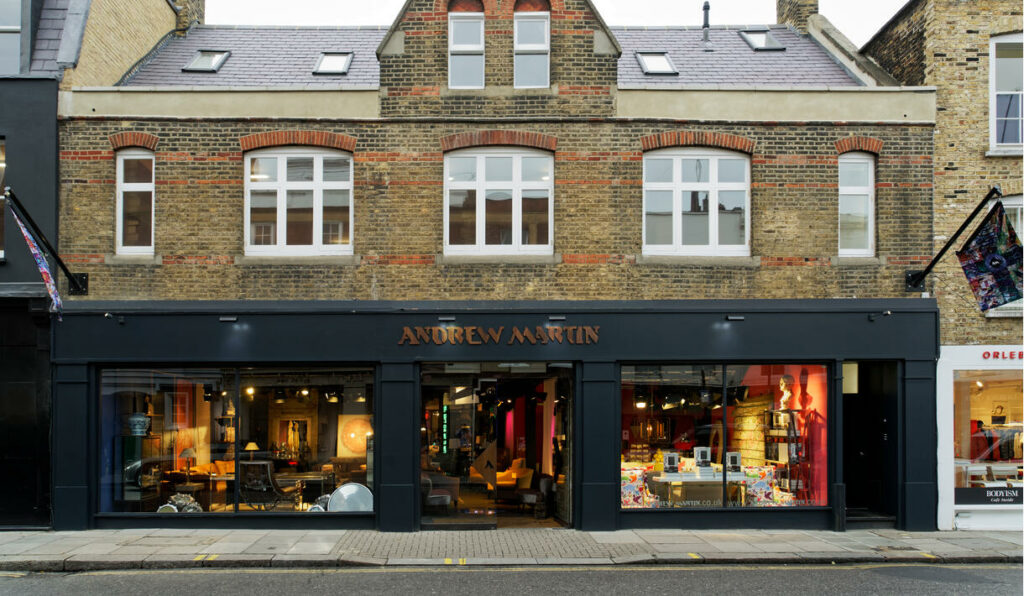Furniture prices remained high during October as overall inflation rose to its highest level for over 40 years.
According to the latest Office for National for National Statistics (ONS) data, the Consumer Prices Index (CPI) rose by 11.1% in the 12 months to October 2022, up from 10.1% in September 2022. On a monthly basis, CPI rose by 2.0% in October 2022, compared with a rise of 1.1% in October 2021.
Furniture and furnishing prices stood at 13.3% in October, down from 13.7% in September, while rising from 11% compared to the same month last year. Price inflation eased to its lowest level so far this year, below that of January’s rate of 13.7%.
The retail price of household furniture decreased to 13.7% in the month from 14.1%, while rising from 11.3% last year.
Garden furniture prices stood at a rate of 14.1%, down from 14.2% on last month but up from 5.6% compared to last year. Carpets and other floorcoverings prices were at a rate of 8.7%, up from 7% the previous month and also rising from 7.3% last year.
Other household textile prices, including furnishings fabrics, curtains and bedding, saw a rate of 5.3%, up from 4% the previous month and 3.2% on last year.
Meanwhile, Producer Price Inflation (PPI) saw the rate of furniture output prices, factory gate, rise 10.9% in October on the same month in 2021. However, the rate decreased from a rise of 11.2% in September.
Furniture input prices, material cost of production, were up 10.8% in October on the same month last year, while down from a rise of 12.3% the previous month.
Overall, producer input prices rose by 19.2% in the year to October 2022, down from 20.8% in the year to September 2022. Producer output (factory gate) prices rose by 14.8% in the year to October 2022, down from 16.3% in the year to September 2022. On a monthly basis, input prices increased by 0.6% and output prices increased by 0.3% in October 2022.
Commenting on the inflation figures, ONS Chief Economist Grant Fitzner said: “Rising gas and electricity prices drove headline inflation to its highest level for over forty years, despite the Energy Price Guarantee. Over the past year, gas prices have climbed nearly 130% while electricity has risen by around 66%.
“Increases across a range of food items also pushed up inflation. These were partially offset by motor fuels, where average petrol prices fell on the month, while the price for diesel rose taking the disparity in price between the two fuels to the highest on record. There was further evidence that costs facing businesses are rising more slowly, driven by crude oil and petroleum prices.”
Helen Dickinson, Chief Executive of the British Retail Consortium, added: “With the energy price cap rising in October, households found their gas and electricity bills going up again, pushing inflation to a new high. Food prices, particularly for dairy, rose again, driven up by high fertiliser, animal feed, and global food costs. Many customers are keenly anticipating Black Friday deals and other promotions in the run up to Christmas, as they prepare to buy gifts and festive treats. Unfortunately, there are few signs the cost of living crisis will abate any time soon.
“Tomorrow, the Chancellor will unveil the Autumn Budget, where he has the opportunity to provide support for struggling households and relieve some of the costs on retailers and their suppliers, which in turn put pressure on prices. Retailers face an £800m per year hike in business rates from April 2023, so urgent government action is needed to mitigate this and prevent even higher inflation in the new year. The Budget is also a chance to fix the broken transitional relief scheme, that forces retailers to pay far more business rates than they owe.”















